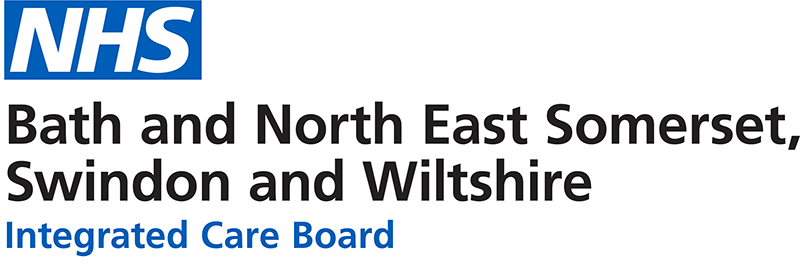Local people asked to support busy NHS by managing new Covid-19 symptoms at home
Rising cases of Covid-19 among local NHS staff has prompted a renewed appeal for people in Bath and North East Somerset, Swindon and Wiltshire to monitor and manage their coronavirus symptoms at home.
An increase in the number of people visiting healthcare settings, including hospitals and GP practices, with mild and non-urgent Covid-19 symptoms is thought to be one of the reasons behind the current spike in coronavirus-related staff absences.
The call for people with either confirmed or suspected Covid-19 to manage their condition at home comes in the wake of the NHS widening its official list of possible coronavirus symptoms.
Previously, the only symptoms listed as indicators of Covid-19 were a new or persistent cough, a high temperature or a change in taste or smell.
Now, the NHS has recognised that many other cold-like symptoms, including headache, sore throat and a blocked or runny nose, could in fact be a sign of Covid-19.
Additionally, a loss of appetite, a shortness of breath and an upset stomach, as well as a general tired or exhausted feeling, could also point to coronavirus.
Dr Andrew Girdher, Clinical Chair and GP Partner at Box Surgery, said: “Our local NHS services are under significant pressure, and lots of staff are currently absent from work due to Covid-19, but we can all support the situation by continuing to act responsibly.
“This means that a person showing any of the new symptoms should, wherever possible, stay at home and manage their condition by resting, drinking plenty of water and taking over the counter medicine, such as paracetamol.
“Seeking help for mild and non-urgent Covid-19 symptoms from a hospital or GP practice not only puts staff and other patients at risk, but also adds unnecessary pressure to teams who are already extremely busy caring for those most in need.”
People currently displaying any of the Covid-19 symptoms and worried about their condition worsening should, in the first instance, access help through the NHS 111 service, which is available online at www.111.nhs.uk or over the phone.
Having the coronavirus vaccine, which is still available at venues across the region, remains the best way to avoid becoming seriously ill with Covid-19.
Most people need three vaccinations to reach full protection, but some vulnerable people, as well as those aged over 75, require an additional booster dose to keep their immunity topped up.
Children aged between five and 11-years-old are also eligible for a single dose of the vaccine, which can help to keep little ones from acting as carriers of the virus.
For more information on how to access the Covid-19 vaccine, as well as details of local health and care services, visit www.bswccg.nhs.uk.
